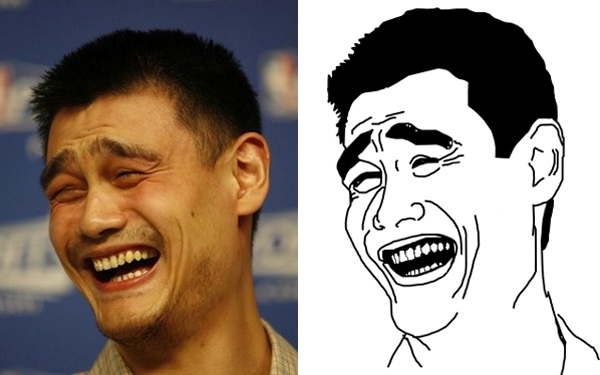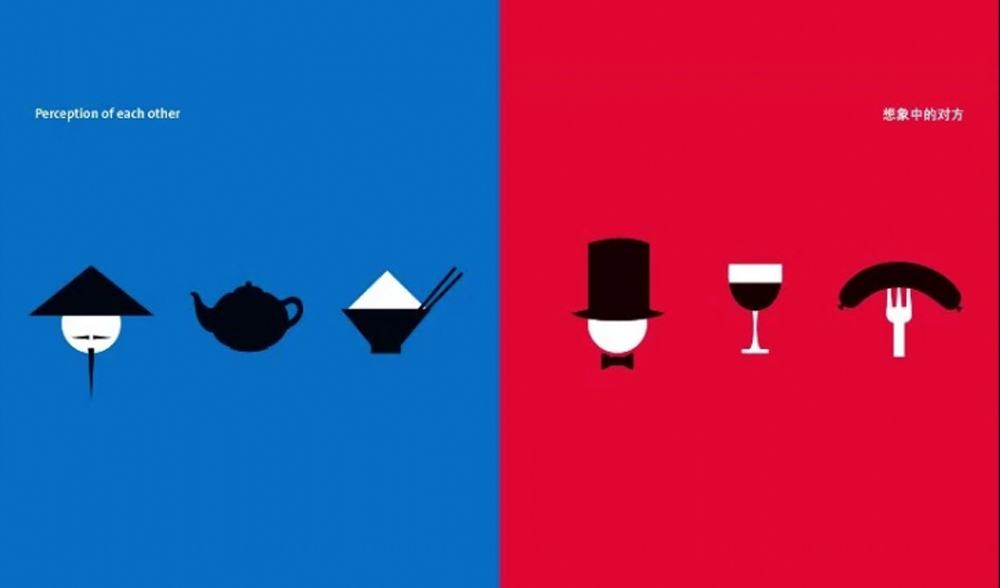Stereotypes are a widely held, generalizations of a particular type of person or thing—but more than that, they are almost always misinformed generalizations that takes away individuality.
As a Chinese-American, I’ve faced many stereotypes, both positive and negative. They say the Chinese are a model minority: hardworking, law-abiding, quiet citizens. Stereotypes, like these, though positive, are misguided and can lead to social categorization. Still, of course, there are the offensive stereotypes as well; for instance, how the Chinese can’t drive and how they eat dogs. But the point is, all stereotypes, whether good or bad, true or false, should not be a determining factor of how you view a group of people.
Here are a couple of common Asian stereotypes that I’ve heard over the years:
1. Chinese people are all good at math and science.
This is probably the most common stereotype I’ve heard about Chinese people, especially since I grew up going to schools with predominantly Asian populations. I’ve heard it so many times that even I started to believe it to be true. And I speak from experience when I say that living under the pressure of such a social expectation is tough. Many Asian kids feel like they need to meet this commonly known stereotype, and if or when they don’t, they feel incompetent and get depressed.
But I will say that, this stereotype doesn’t exist without reason. Chinese people strongly value the importance of academics and education. It’s because in the past, the men who passed the civil service exam became government officials ensuring honor and a good life for himself and his family. So it’s become a social norm for Chinese families to encourage their children to work hard to excel academically.
2. Chinese people eat anything that moves.
There is a Chinese saying that goes, “The Chinese eats all things on the ground that can run or crawl, anything in the sky that can fly, and everything in the water that can swim.” If even the Chinese people admit it, then I guess this stereotype is true, though a bit exaggerated. It’s often joked about that the Chinese eat dogs, but in a country with over a billion people, people can’t be picky about what they have to eat.
3. Chinese people look exactly the same.
Again, there are over a billion people in China and you know how they say, “Seeing your doppelgänger is a one in a million chance!” So you do the math.
4. Chinese women are subordinate to men.
In the history of China, men used to hold the power in society. Only men could take the civil service exam and hold government positions, men were stronger and worked harder in the fields, and only men could own property. Therefore, only men had the potential to move up the social ladder and bring honor to their family, whereas a woman’s duty was to birth a son and raise him well. That is why families prefer to have sons and women are socially subordinate to men. Of course, that’s all in the past now. Women nowadays in China are just as capable as men (if not more, dare I say).
5. Chinese people can’t drive.
This stereotype is clearly not true because if you’ve ever been to China, you will see that the drivers there are masters at weaving in between traffic, avoiding accidents, and making it to their destination efficiently. These may not be what you consider qualities of a “good driver,” but I say, if you can get from point A to point B without crashing, you are a good driver.

6. All Chinese know karate and martial arts.
Based on the fact that I don’t know karate or martial arts, I can say confidently that this stereotype is not true. Popular movies with Bruce Lee and Jackie Chan associated martial arts with China, but Wikipedia says that the earliest depiction of combat actually originated in Ancient Egypt.

That’s all this week! Thanks for Learning My ABCs with me!





